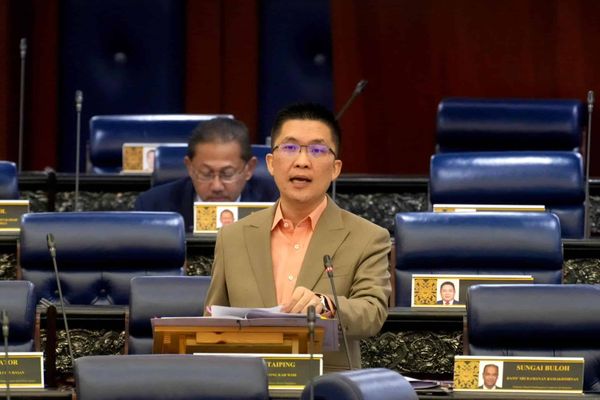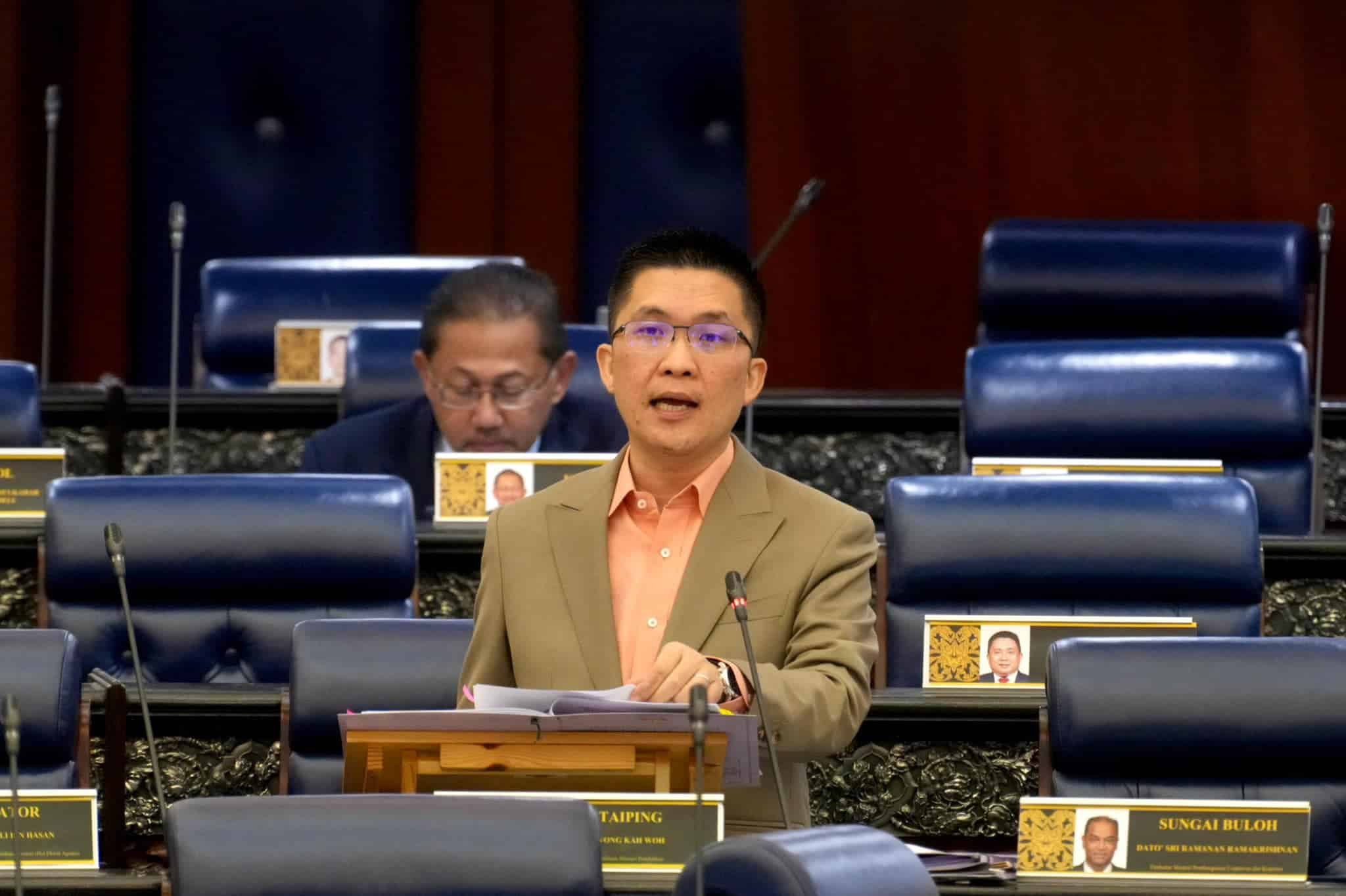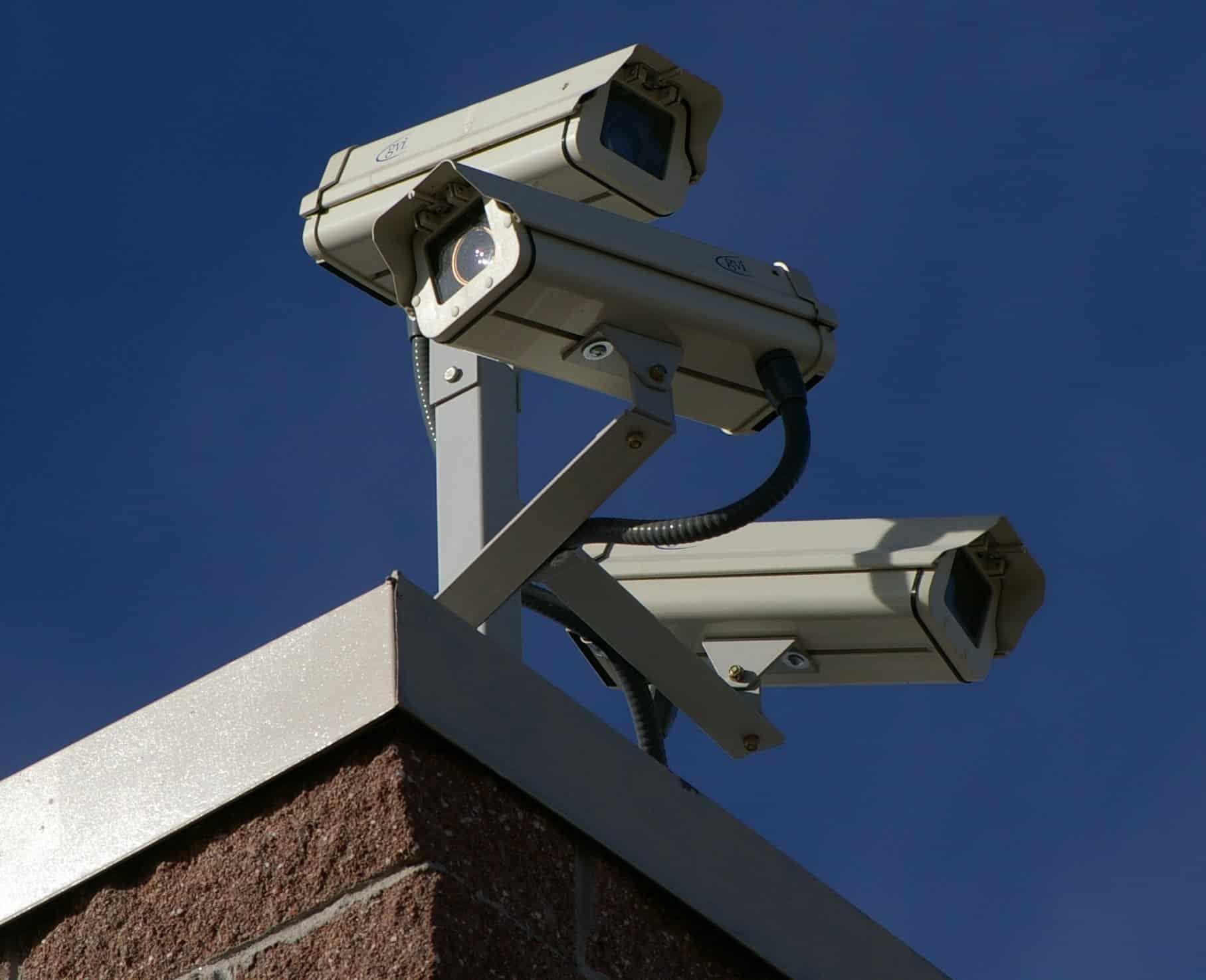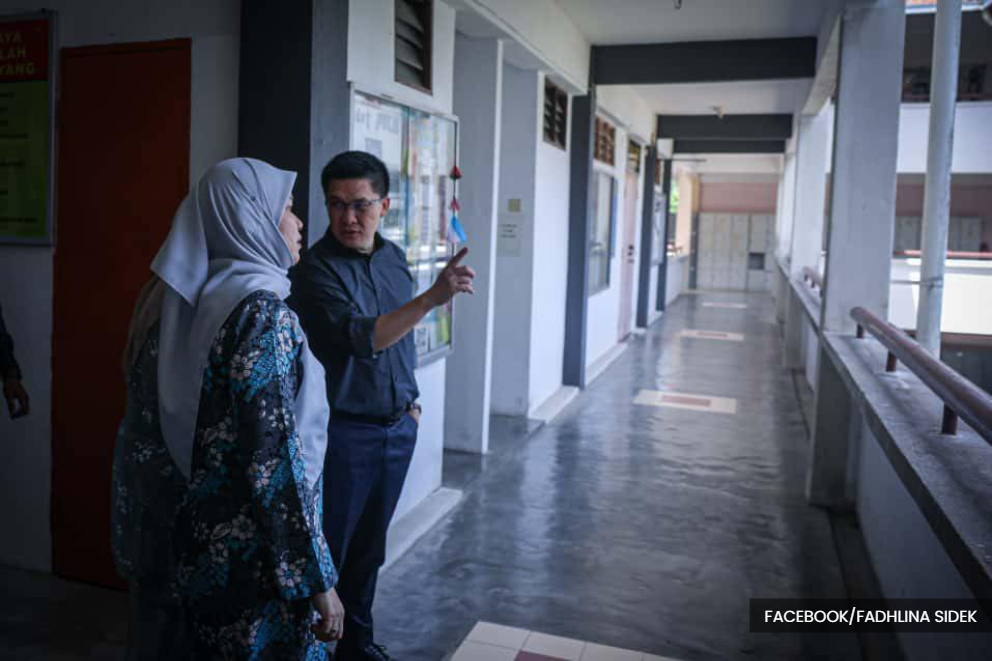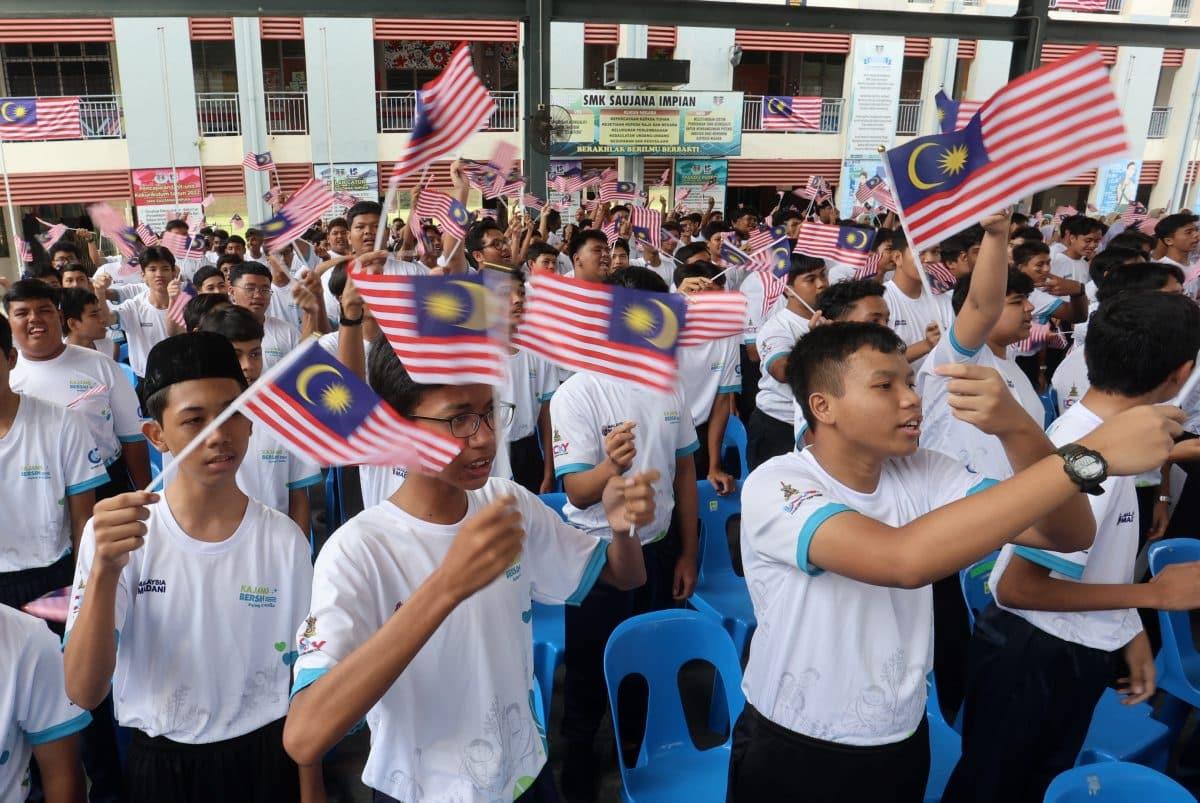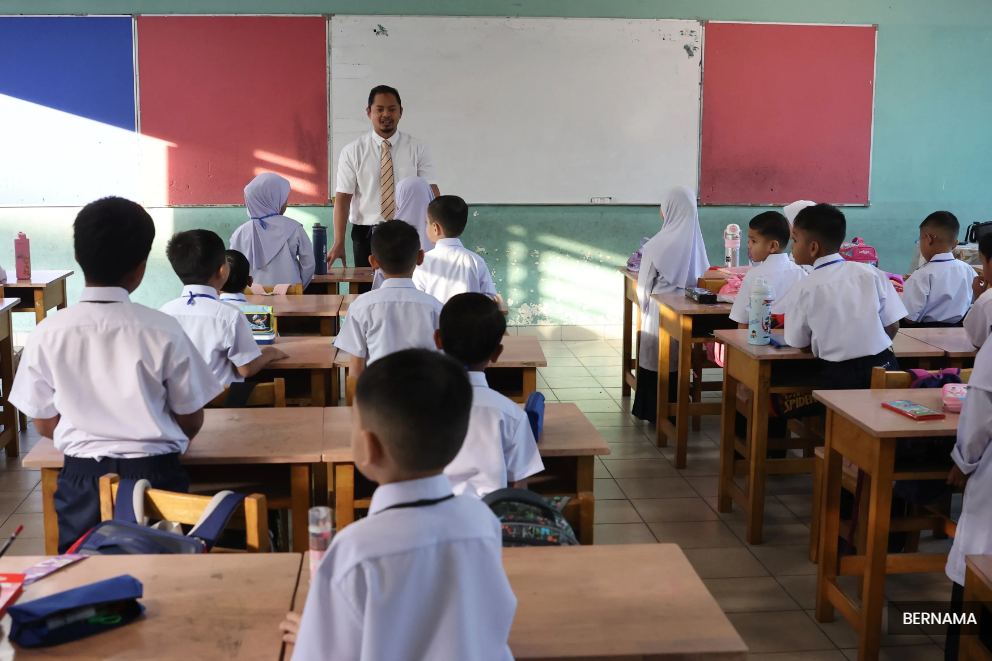KUALA LUMPUR, Nov 12 — The installation of closed-circuit television (CCTV) cameras in school hostels will prioritise access control and data protection to ensure the safety and privacy of students, said Deputy Education Minister Wong Kah Woh.
He said the footage would be kept for at least 30 days in line with the technical specifications set by the ministry, with clear guidelines provided on the installation, administration and use of the system.
“We will keep the CCTV footage according to existing specifications, which allow it to be stored for at least 30 days. The overall administration and operation of the system have been outlined in the guidelines,” he said during a question-and-answer session at the Dewan Rakyat today.
Wong was responding to a supplementary question from Datuk Seri Shahidan Kasim (PN-Arau) about access to CCTV footage, how long it is stored, and deletion procedures to protect student confidentiality.
He said the government has allocated RM3 million to install CCTVs in 200 schools and another RM5 million to equip 333 other schools with hostels, adding that the initiative would continue to ensure the safety of students.
In response to a question on allocations for CCTV installation and the distribution of Jalur Gemilang badges, Wong stressed that both initiatives serve their own purpose and do not affect the implementation of other programmes, including those aimed at fostering a spirit of patriotism.
Replying to Shahidan’s original question on the method of CCTV procurement and the assurance of student privacy, he said installation is being carried out in phases through open procurement, with technical support from the Public Works Department (JKR) and the Office of the Chief Government Security Officer (CGSO).
Wong said that so far, 149 out of 200 schools, or 75 per cent, have been installed with CCTVs, adding that procurement was carried out through the e-Procurement system by schools, state education departments (JPN), or district education offices (PPD), depending on each school’s needs.
He said CCTV cameras were installed in strategic public spots such as main routes, entrances and exits, staircases, corridors, dining halls, study rooms, and isolated areas, while dormitories, toilets, and changing rooms were excluded to protect student privacy, and warden patrols have been strengthened.
Responding to a supplementary question from Khoo Poay Tiong (Harapan-Kota Melaka) about maintenance and allocation mechanisms, Wong said schools are responsible for ensuring the surveillance system remains functional and is maintained according to guidelines and a minimum one-year warranty, with each CCTV set capped at RM15,000 and allocations channelled through the schools, JPN, or PPD.
Meanwhile, Wong said the ministry is committed to ensuring sustainable Tamil education through the principles of inclusiveness, equity and quality, in line with the Federal Constitution, the Education Act 1996, and the aspirations of the Malaysian Education Blueprint (PPPM).
He said the position of Tamil national-type schools (SJKT) is safeguarded under existing laws, with various initiatives implemented, including better infrastructure, modern basic facilities such as science laboratories, and enhanced professional development for teachers.
“In SJKT, Tamil is the medium of instruction to facilitate understanding of concepts and strengthen mastery of the mother tongue, while Malay, as the national language, remains a compulsory subject to ensure our children master the national language,” he said in reply to a question from Sivakumar Varatharaju (Harapan-Batu Gajah).
Sivakumar had asked about a comprehensive policy to ensure the sustainability of Tamil education, including a long-term plan to strengthen the curriculum, improve school facilities, and safeguard the position of vernacular schools within the framework of the Federal Constitution and national education aspirations.


